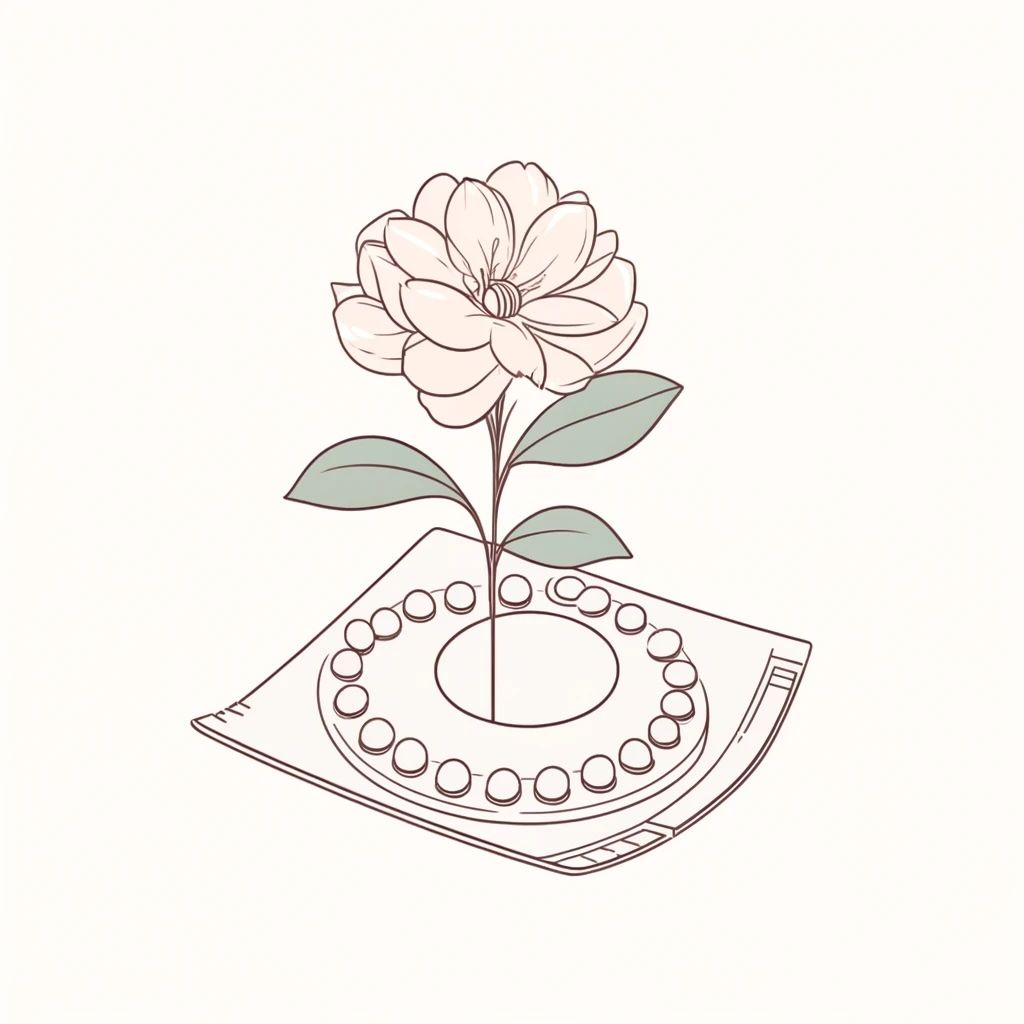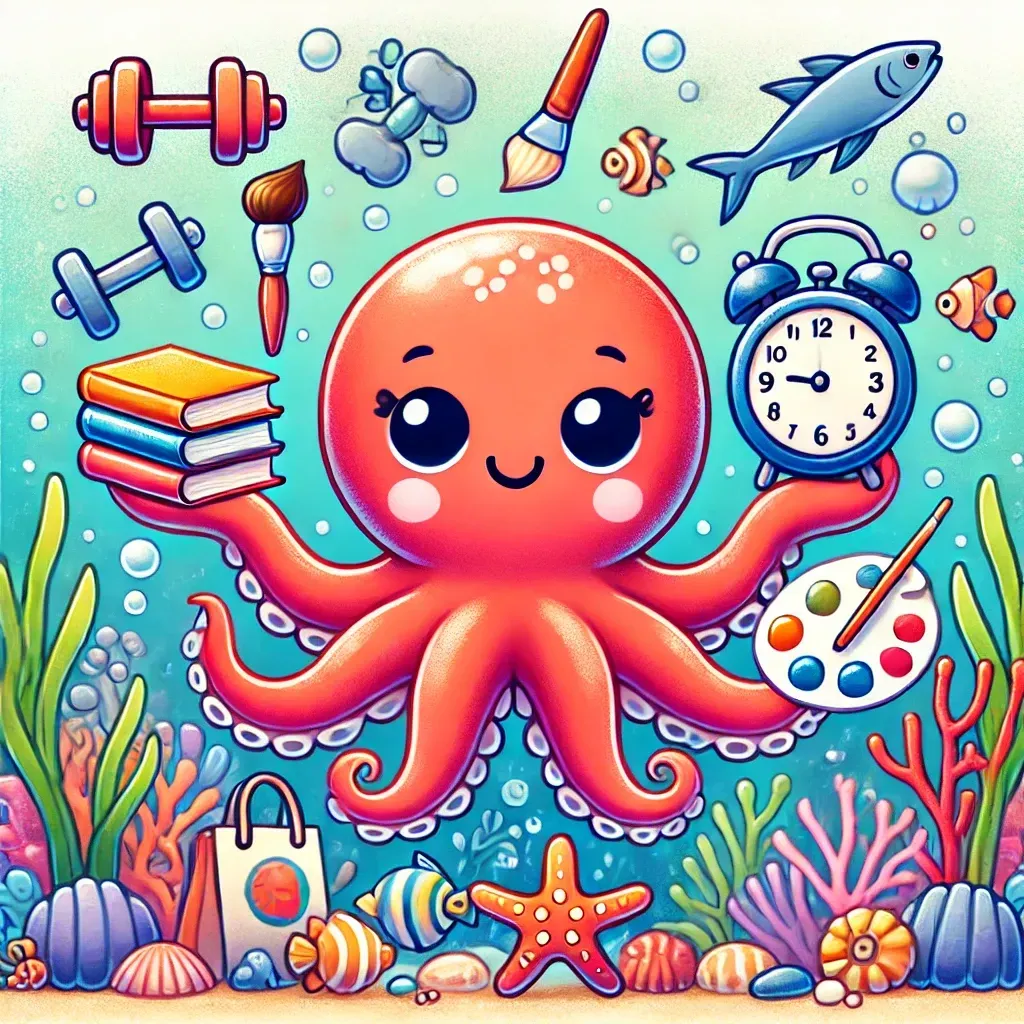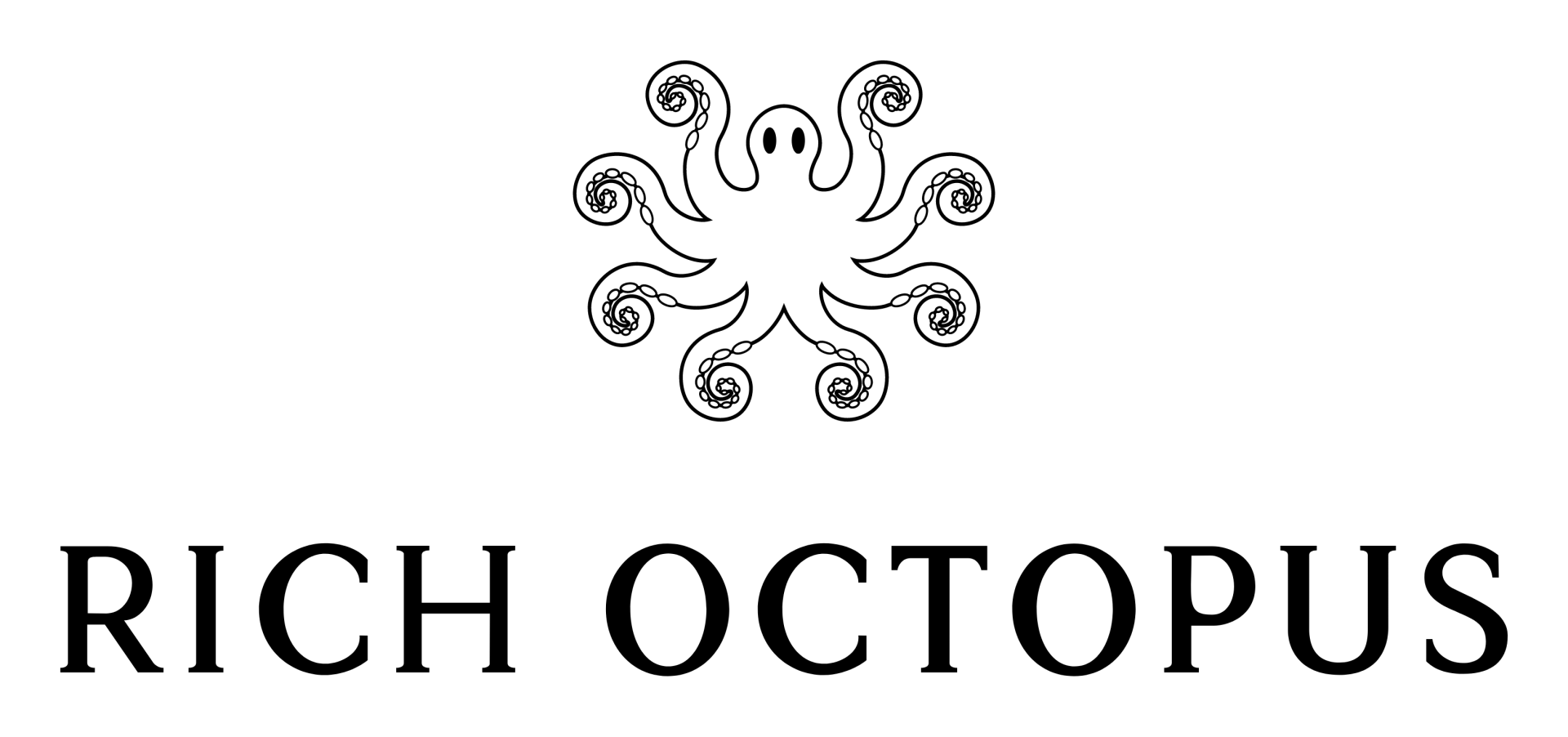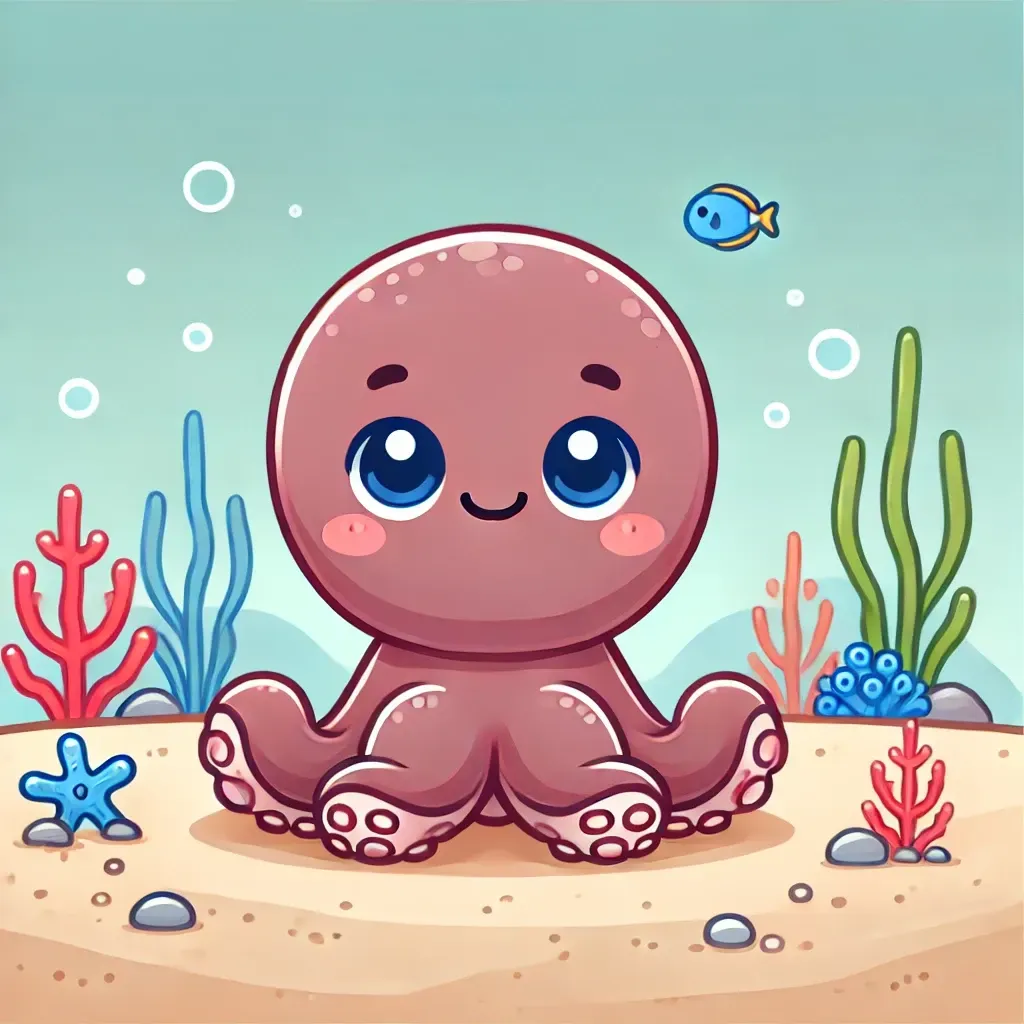“I Used to Joke About Being a Girlboss CEO in an Abusive Relationship” - Getting Out of Self Hatred and Negative Self Talk Through Self Reflection

It hurts to go inward: to explore those stories you tell yourself about who you are, where you’re headed, and what you deserve. Like many girls coming of age in the 90s, I grew up with so many tenets of feminist teachings that told me that I could achieve anything I wanted. I internalized those messages of empowerment while simultaneously wallowing in doubt and self-hatred. My journey to where I am today was confusing and paradoxical, and it’s taken years to get out of a mindset of not good enough, not worthy, and not loveable.
I used to casually joke that I can picture myself as a girlboss CEO in an abusive relationship. The words that were coming out of my mouth were awful against myself, because I always felt a gap between my brain, my body, and my spirit. It’s taken years for me to break through layers and layers of demoralization, self-hatred, fear, and low self-esteem, to realize the deep hurt and confusion at the center of someone who would make a joke like that about themselves. I had to really delve into my insecurities and tackle the harmful narratives I had been using as defense against real vulnerability, intimacy with others, and knowledge of myself.
Wherever you are in your professional or personal development journey, the first step and the
ongoing step is self reflection.
We all learn and evolve, so our self image, our self concept are not static, permanent or fixed. And really, isn’t that the most comforting truth? Through my journey, I realized that the “joke” I told about myself was alarming and not funny at all. I was so used to telling this one story about myself
to myself that it felt revelatory to start telling a different kind of story about who I was and what I was capable of.
What’s the narrative that’s been in your head?
Who are you to your friends, your family, your partner, and who are you to yourself? Where does your self esteem come from, and where does it feel rocky? What is the chatter in your head? What is the story that you tell everyone else about who you are?
When I was growing up, the idea of lack and scarcity ruled my self narrative. My earliest memories included self-talk around not being smart enough and not pretty enough. In elementary school and junior high school, I saw my test scores declining year to year, and told myself that I wasn’t smart enough to meet the academic goals and expectations from my teachers and my parents. I wasn’t in gifted programs, and I didn’t pass the specialized high school admissions test to attend the top high schools in New York City. At a certain point, amidst these “failures,” I started internalizing the I AM NOT maxim. The negative dominated my self narrative for so long that it wasn’t until my 30s that I finally started seeing myself as the artist of my life, and the story of my life as being whole and bright. I spent over a decade rewriting my I AM NOT into simply I AM.
Spend time reflecting on the memories and the stories that inform your sense of self.
Ask yourself what you think you’re worth, and where you see your lack. Your self narratives might not be exactly like mine, and you might never joke about yourself the way I did, but I bet your negative self-talk is rooted in a place of hurt and trauma too. Let’s turn our I AM NOTs into I AMs.
Tools for Self Reflection
- Physical Journaling or an Agenda/Daily Planner (Check out Our Recommendations Here)
- Online Options
- Notion
- Questions to ask yourself now: Check Out Our Annual Report




